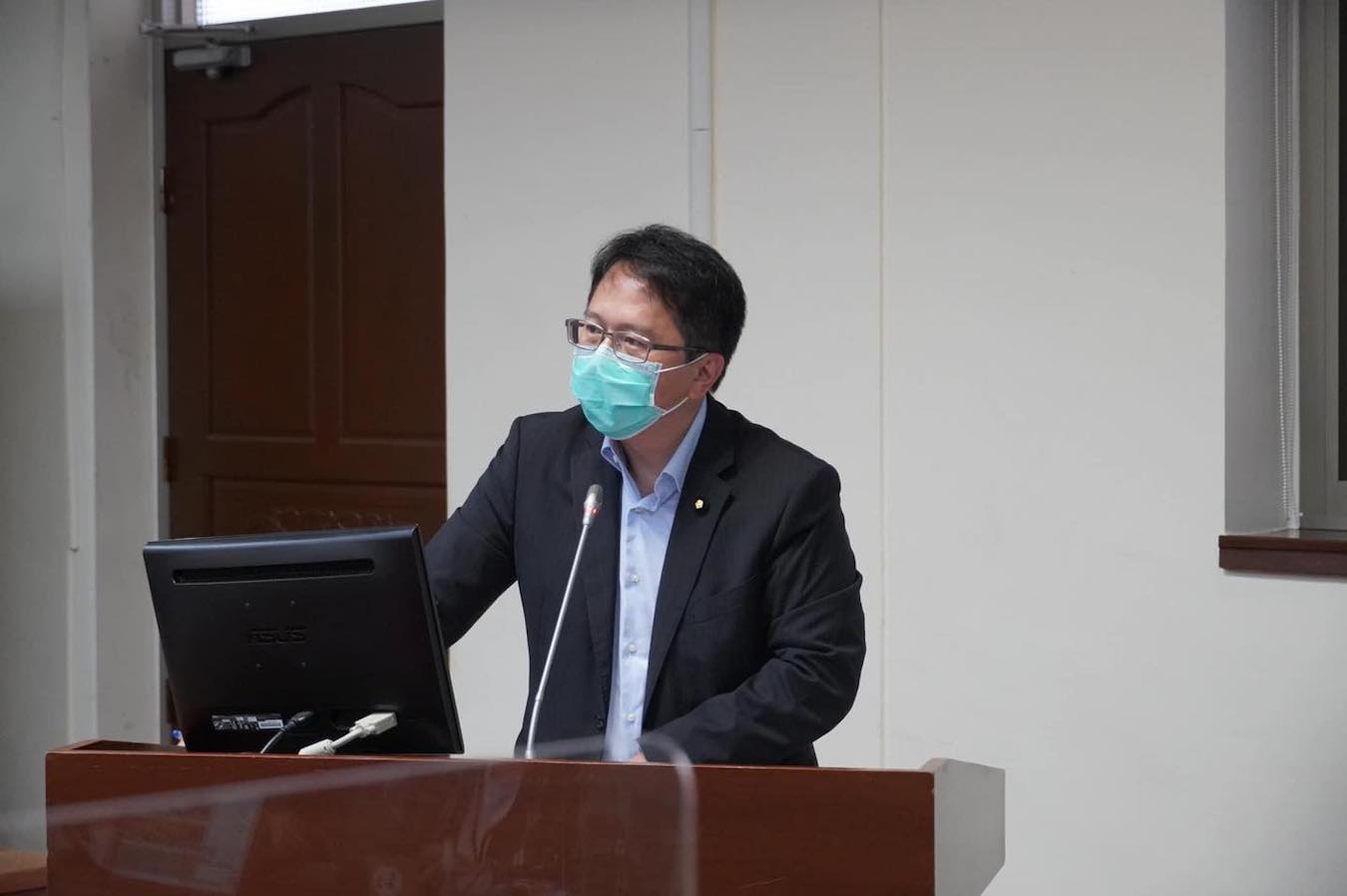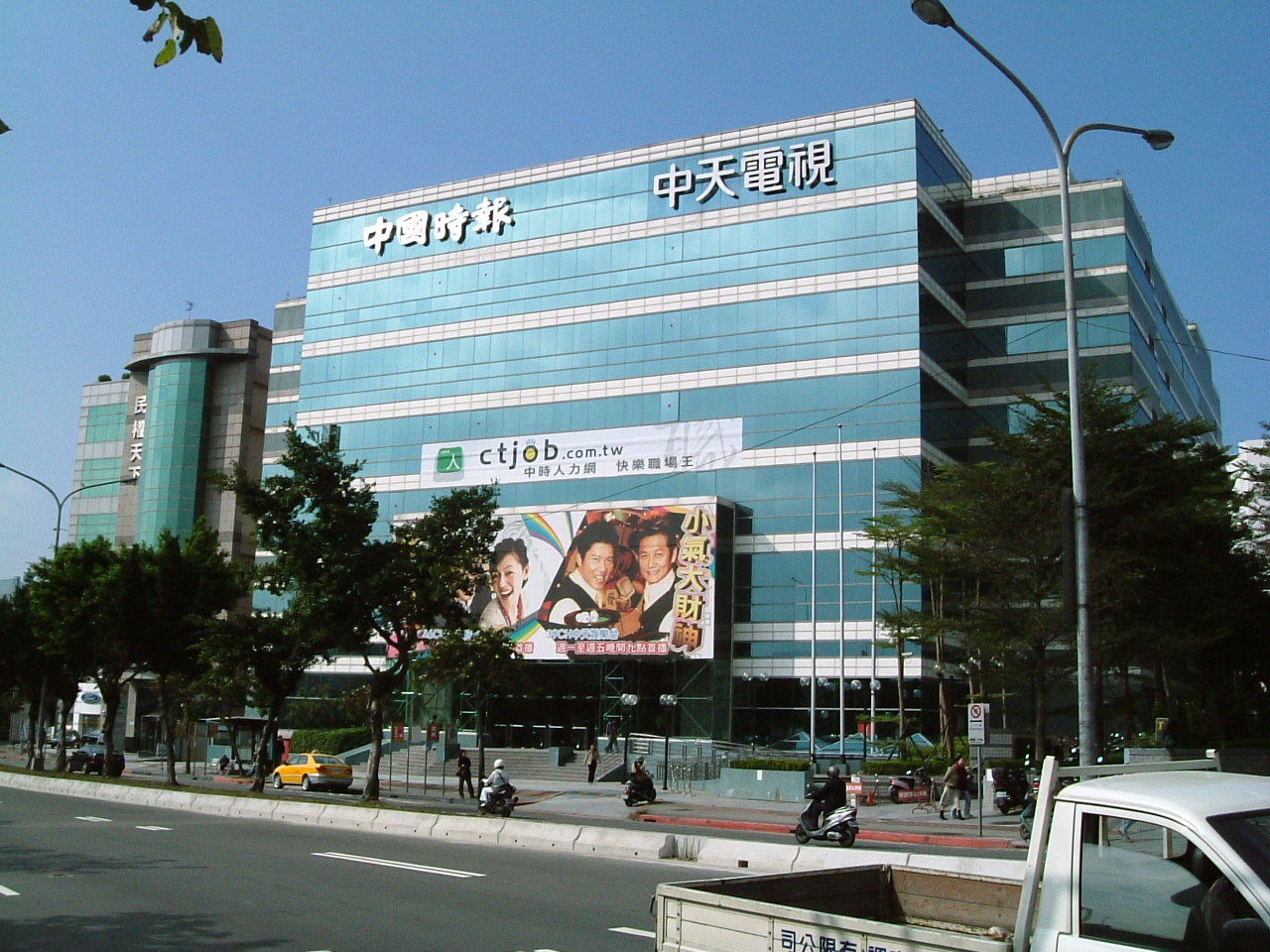by Brian Hioe
語言:
English
Photo Credit: 中華統一促進黨/Facebook
IN THE PAST WEEK, some members of the DPP legislative caucus have proposed amending the Anti-Infiltration Act in order to allow for the dissolution of political parties that cooperate with another nation to influence the outcome of an election. In particular, DPP legislator Chiu Chih-wei is the main public backer of the bill.
Such changes are likely to be resisted by the KMT pan-Blue camp. But it is also to be questioned whether the Tsai administration would necessarily find it politically expedient to pass such a bill. Likewise, as with other attempts to strengthen security legislation, it is to be questioned whether the attempt to push for changes to the Anti-Infiltration Act is in earnest, or if this is a form of political stunt before nine-in-one elections later this year.
In particular, an Anti-Infiltration Act had been discussed for some time among members of the pan-Green camp in order to counter Chinese attempts to influence Taiwanese elections through political proxies.
 DPP legislator Chiu Chih-wei. Photo credit: 邱志偉/WikiCommons/CC
DPP legislator Chiu Chih-wei. Photo credit: 邱志偉/WikiCommons/CC
However, President Tsai Ing-wen surprised in December 2019, one month before January 2020 presidential elections, by announcing her intent to pass the Anti-Infiltration Act. Tsai stated this in a surprisingly off-the-cuff manner, making this announcement in response to an audience question during a political rally.
Subsequently, the act was speedily passed into law. This took place in spite of strong reactions from pan-Blue politicians such as Terry Gou, who called for a “Second Sunflower Movement” against the act.
The passage of the Anti-Infiltration Act took place in a charged political context very much shaped by the 2019 Hong Kong protests. In particular, violence against Hong Kong protesters from police and members of organized crime working together with police prompted fears that pro-Beijing groups with ties to organized crime in Taiwan would carry out similar actions.
Concerns particularly centered around “White Wolf” Chang An-lo’s China Unification Promotion Party (CUPP). Chang, formerly a leading figure of the Bamboo Union triad, conducted political assassinations for the KMT during the authoritarian era. While Chang has since reinvented himself as a pro-China politician after democratization, the CUPP has been implicated in incidents involving the use of violence against pro-independence demonstrators. This took place on the National Taiwan University campus during the September 2017 Sing! China incident, as well as during the 2014 Sunflower Movement.
This is also the case with more recent propositions to amend the Anti-Infiltration Act, with calls to change the Anti-Infiltration Act to allow for the dissolution of political parties. The Anti-Infiltration Act currently allows for fining political parties for attempting to influence election outcomes in collaboration with other nations, leading to criticisms that the act is toothless. Tsai has been criticized for pushing the act’s passage in December 2021 in a manner that was only a political stunt, undercutting any binding power that the Anti-Infiltration Act might have.
The Tsai administration has had the political standing to carry out a number of actions aimed at reducing the KMT’s political power in past years, including targeting party assets of the KMT retained from the property seizures authoritarian period. The Tsai administration was also willing to suspend CtiTV’s broadcast license due to its frequent legal violations of provisions of the National Communications Commission to benefit pan-Blue candidates.
At the same time, the Tsai administration also wishes to avoid the perception that it is merely seeking to politically persecute opponents. So, then, is the rationale for dissolving the Transitional Justice Commission (TJC) aimed at seeking justice for past crimes committed during the authoritarian period in May, doing so in a manner that makes it uncertain whether the TJC would be able to remove the Chiang Kai-shek statue still enshrined in the Chiang Kai-shek Memorial or other lingering symbols of authoritarian rule in public venues.
Some media outlets have suggested that increased investigation of Chinese companies in Taiwan as of late could be aimed at building momentum for the Anti-Infiltration Act. But the KMT and pan-Blue camp are likely to dig its heels in against the Anti-Infiltration Act due to the possibility that it, too, could be targeted.
For the most part, the Tsai administration has taken a light hand with such accusations. New Party youth spokesperson Wang Ping-chung was accused in 2017 of attempting to organize a Chinese spying ring through a media platform run by him and other young spokespersons of the New Party, Fire News. However, charges against Wang were dropped in April 2021, and Wang remains active in political life.
Likewise, in April 2019, the Apple Daily also reported that the Want Want Group, which owns the China Times and CtiTV, received over 477 million Chinese yuan—just over 2 billion NTD—from the Chinese government between 2017 and 2018. A report by the Financial Times in July 2019 stated that the Want Want Group, CTV, and CtiTV were directly seeking approval from China’s Taiwan Affairs Office before running stories. But in spite of such reports, the government took a relatively light hand with the Want Want Group, though there were efforts to crack down on Taiwanese companies acting as intermediaries for Chinese streaming companies or Chinese state-owned media outlets operating in Taiwan.
It is to be seen, then, if there will be a broader push for strengthening the Anti-Infiltration Act or if this is simply still just talk. Particularly in the wake of the invasion of Ukraine, with concerns about Russia’s use of Ukrainian political parties as proxies or Russian disinformation efforts, it is possible that the Tsai administration will cite the example of Ukraine to justify strengthening legal measures aimed at addressing such issues.


